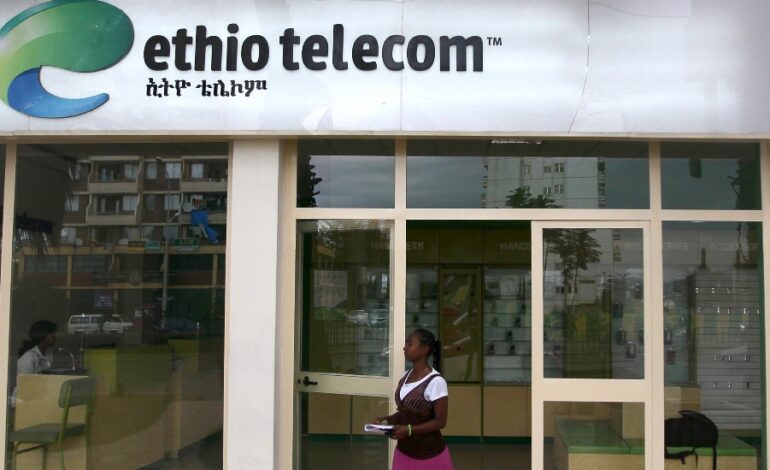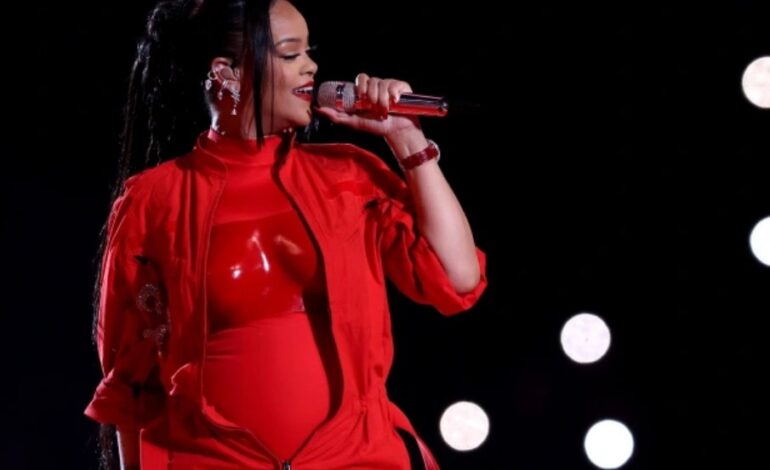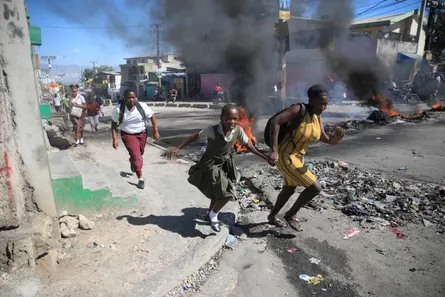
Avellon Williams
PORT-AU-PRINCE, HAITI- A deadly cholera outbreak has been accompanied by political instability and gang violence in Haiti in the last few months. Consequently, half of Haiti’s children rely on humanitarian aid to survive, according to Unicef.
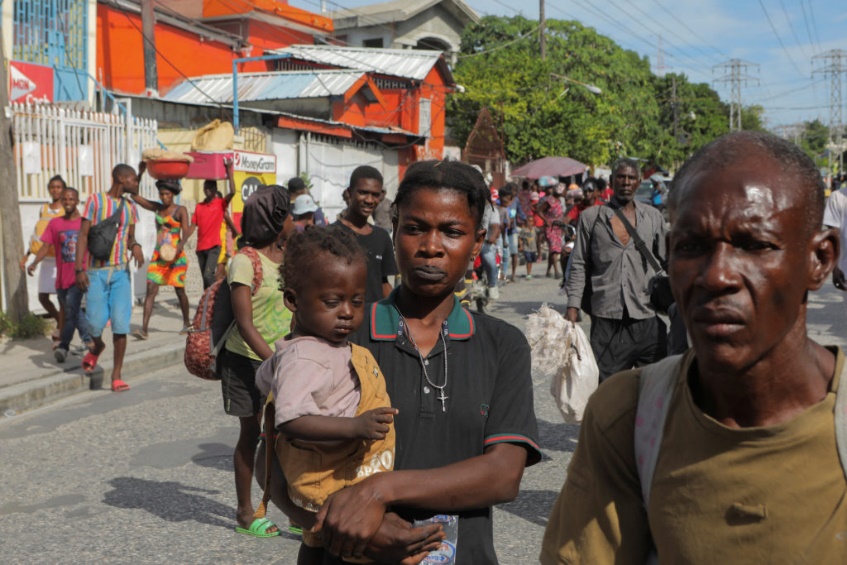
After Haiti’s president Jovenel Moise was killed in 2021, gang violence rose in the Caribbean country. All aspects of its economy and security order are affected. Two-thirds of the capital Port-au-Prince has been taken over by gangs. Consequently, human rights abuses, malnutrition, and cholera have returned.
It is expected that more than 2.6 million children in Haiti will need lifesaving assistance by 2023 according to Unicef’s Haiti representative, Bruno Maes. Since the 2010 earthquake, Haiti’s children have been facing multiple crises that have left them in the worst position they’ve ever been in.
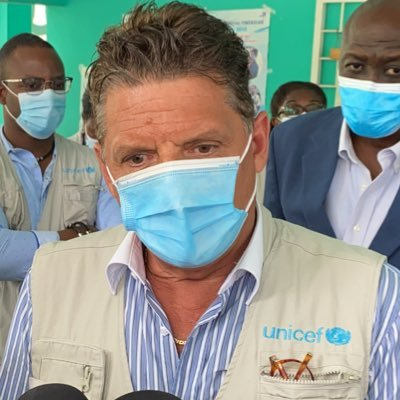
Besides being unable to access food and water as the “health system collapses around them,” Maes said Haitian kids lack protection as well. Children are abused, girls are raped, and services aren’t available at the scale necessary for their survival and development, according to him.
Earlier this year, the World Food Programme warned Haiti was facing its worst hunger crisis ever.
The number of people suffering from acute hunger is estimated at 4.7 million.
Late in January, the police revolted against the gangs, worsening the situation.
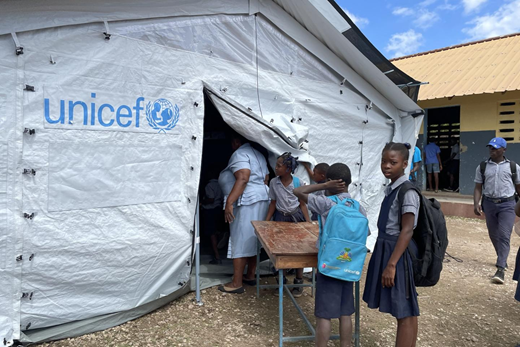
The violence has left many schools in Haiti’s capital closed or destroyed, making children particularly vulnerable. Multiplying gangs may be more likely to recruit kids because of the disruption in education.
To support health centers in Haiti, Unicef has no choice but to negotiate with gangs who are the de facto authorities.
However, many aid groups have already withdrawn. Among them was Médecins Sans Frontières, which suspended all operations at a public hospital in west Port-au-Prince on Jan. 26. As a result of a shooting outside an emergency room, three men entered, dragged the patient outside, and gunned him down. In order to protect staff, MSF closed after a similar incident occurred before this.


